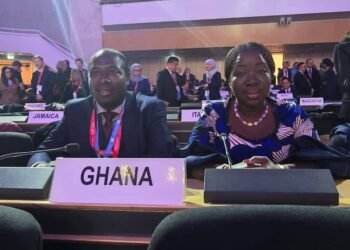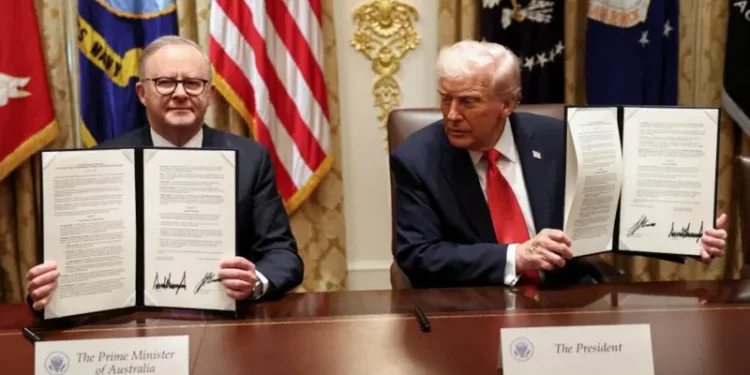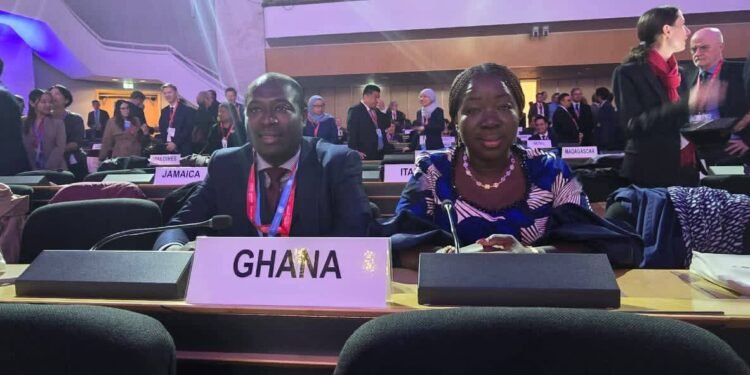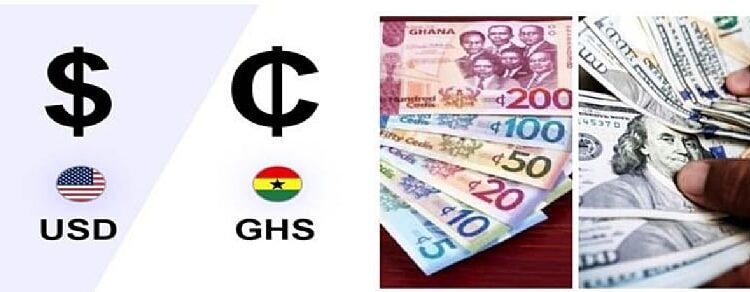The European Union (EU) is ramping up efforts to boost its trade and investment ties with West African countries, according to a reliable source within the Union.
The source emphasized that this initiative is a top priority for the EU, pointing out that West Africa boasts some of the largest economies on the continent. Notably, Nigeria leads the pack, followed by Ghana and Ivory Coast.
In an interview in Brussels, the source, who is well-versed in the EU’s activities, highlighted the sustained economic growth experienced by countries in West Africa over recent years.
“West Africa is the closest region in Sub-Saharan Africa to Europe, strategically, economically, demographically, migratory, and socially will affect the EU, that is why the region is our priority,” the source said.
The European Union aims to increase its trade and investments in West African nations, primarily through the implementation of the Economic Partnership Agreement (EPA). This agreement, negotiated between the EU and West African countries, is designed to facilitate trade by opening up markets.
The EU is committed to continuing the EPA, which has been finalized and signed by all EU member states and all West African countries except Nigeria.
According to the source, trade volumes between the EU and Ghana, as well as Ivory Coast – two countries with interim EPAs – saw significant improvements compared to other West African partners. Since 2014, total trade between the EU and Ghana and Ivory Coast increased by 18 percent.
EU imports from Ghana and Ivory Coast rose by six percent, while imports from the rest of the region have decreased by 25 percent.
Ghana and Côte d’Ivoire experienced a notable boost in their exports of processed cocoa products to the EU market, thanks to full duty-free quota-free access. Ghana’s exports increased by 50 percent, while Côte d’Ivoire saw a 30 percent rise.

Both countries are transitioning from exporting raw cocoa beans to locally processed cocoa products, meeting the rising demand for “made in Africa” goods.
In 2023, the total trade between the EU and Ghana amounted to €6 billion, showing a slight decrease of three percent compared to 2022.
In the same timeframe, the European Union saw an 11 percent decrease in exports to Ghana, dropping from €3.7 billion to €3.3 billion. However, EU imports from Ghana increased by eight percent, rising from €2.4 billion to €2.6 billion.
Despite the EU maintaining a trade surplus (€700 million) with Ghana, it has nearly halved compared to 2022 when it stood at €1.3 billion.
Trade Concerns Surrounding the EPA Deal
The source also confirmed that the EU is open to exploring various options, including discussions with Nigeria, addressing concerns such as the potential flooding of Nigerian markets with EU products. This is aimed at reaching a consensus to facilitate the signing of the EPA deal.
As a second key strategy, the European Union (EU) is set to introduce a new initiative named the “Sustainable Investment Facilitation Agreement” (SIFA). This initiative aims to enhance the appeal, growth, and retention of foreign direct investments, fostering an environment for West Africa to emerge as a hub for investment.
“We have already concluded a deal with Angola last year. Exploratory discussions have commenced with three countries in West Africa- Ghana, Ivory Coast, Nigeria,” the source said.
The primary goal of SIFA is to benefit all economic sectors, promoting diversification into new areas like food exports, manufacturing, and services.
It aims to simplify investment processes through transparent and predictable measures, streamline authorization procedures, and enhance e-government initiatives.
Furthermore, SIFA seeks to make investments more sustainable, increase civil society involvement, and establish reciprocal commitments between investors and administrations.
It also ensures the maintenance of environmental and labor standards, safeguarding against their dilution to attract investments. Additionally, SIFA promotes corporate social responsibility and responsible business practices.
READ ALSO: NPP’s Factional Tensions Heighten as Group Kick Against NAPO’s VEEP Bid























